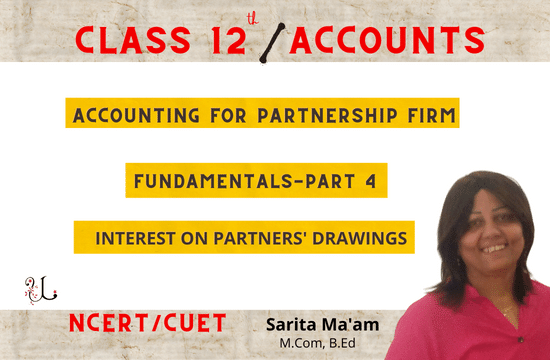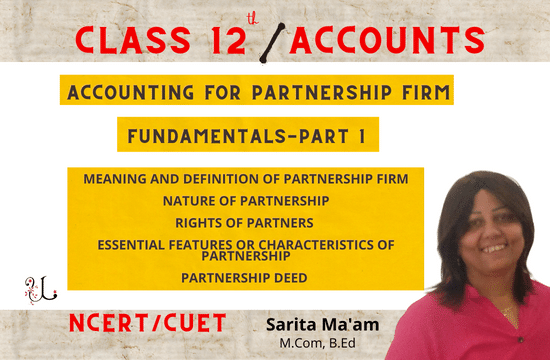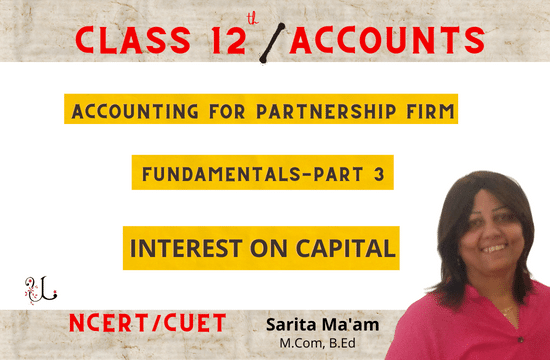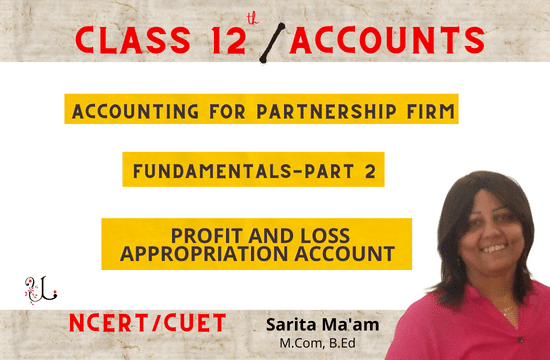Management
According to Marrie and Douglas, “Management is the process by which a co-operative group directs actions of others toward common goals.”
Management is a process of getting work done with the aim of achieving the goals of an organisation in an efficient and effective manner.
Concepts of Management
Process: Process means the interrelationship among the basic functions of management such as planning, organising, staffing, directing and controlling. None of the functions can be performed in isolation.
Effectiveness: Completing a given work in the required time with a focus on the end results.
(Doing right tasks-completing activities-achieving goals-end results )
Efficiency: Completing a task with the minimum possible cost and resources
Greater benefits with less resources => Efficiency
Same benefits with less resources => Efficiency
Less benefits even with more resources => Inefficiency
(Achieving objectives-least amount of resources-minimum costs
These two terms are interrelated- two sides of same coin-balance between both Poor management inefficiency- ineffectiveness)
Difference between Efficiency and Effectiveness
| Effectiveness | Efficiency | |
| Definition | The operational meaning of effectiveness is to complete the given work according to the planned schedule, | Efficiency, under management, means doing the work correctly and with minimum cost. |
| Focuses on | Doing the assigned task accurately | Doing the assigned task in a correct way |
| Focuses on | Effectiveness is focused on the extent to which work is done and the end result achieved | Efficiency is focused on the inputs and outputs |
| Oriented towards | Effectiveness is more strategy oriented not effort oriented. Time oriented | Efficiency is more operation and effort oriented. Cost oriented |
❖ Interrelationship between Effectiveness and Efficiency
Both effectiveness and efficiency are two prime inputs for achieving an organisation’s goals. However, a trade-off has to be often made between them. This means that if an organization aims at achieving efficiency, then it may have to compromise on effectiveness and vice versa.
For example, if, to complete a task:
More workers are hired =>Task gets completed on time=> Effective, but if
More workers are hired => Cost increases in form of increased salary=> Not efficient
On the other hand,
Task is carried out with the same number of workers=> Less cost =>Efficiency, but if
Task is carried out with the same number of workers =>Delay in completion of work =>Not effective
Thus, a balance must be maintained so as to complete the task (effectively) employing minimum resources with a focus on cost minimisation (efficiently).

Sarita Chugh M.Com, B.Edan is Accounts and Economics teacher having more than 30+ years of experience. She is Edupreneur and founded Unique Learning Academy in 2004. She believes that every child has the right to affordable education.






